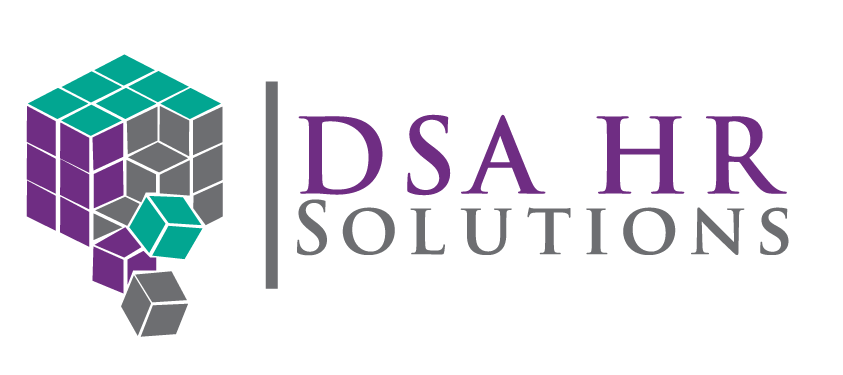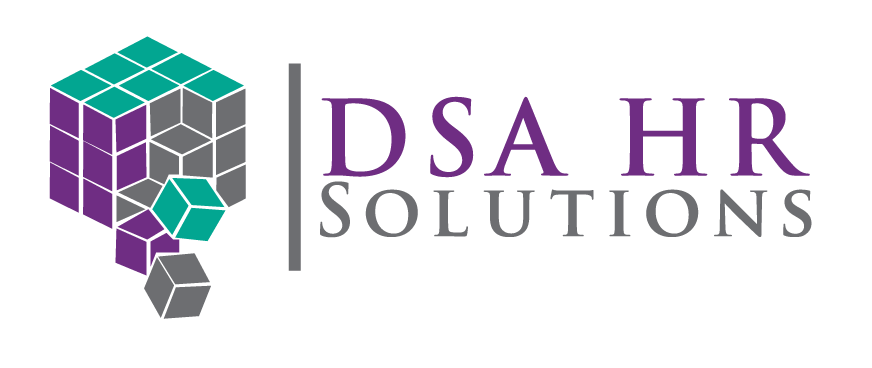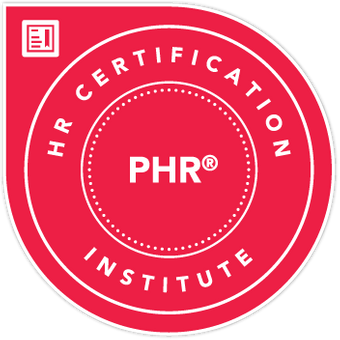San Francisco is renowned as a breeding ground for innovation, with startups popping up on nearly every corner. Yet, amidst this backdrop of ambition and energy, many startups stumble regarding one crucial aspect: hiring. Selecting the right talent is not just about fancy degrees or buzzword-filled resumes.
It's about understanding the unique nuances of the Bay Area job market, recognizing the genuine needs of your startup, and fostering an environment that promotes diversity and adaptability. A bad hire can cost you significantly, not just in monetary terms but also in lost productivity, team morale, and operational disruptions. The stakes are high.
In this blog, we’ll dive into 10 common mistakes startups make when hiring in SF and explore the tangible ways to sidestep them. Let’s get started.
1. Overvaluing Pedigree Over Skill and Cultural Fit
It's tempting for startups in San Francisco, where prestigious institutions are aplenty, to give excessive weight to a candidate's academic or corporate pedigree.
If they thrived at Stanford or Google, they'd excel here, too, right? But this line of thinking can lead to oversight and in the end, costly mistakes. A candidate from a top-tier school may lack the practical skills your startup desperately needs.
Conversely, someone from a lesser-known institution or company might bring a unique perspective, hands-on experience, and adaptability invaluable for a fast-paced startup environment. Moreover, a glitzy resume doesn't guarantee a cultural fit.
Prioritize what a candidate can do now and how they align with your company's values over where they've been in the past. Because at the end of the day, it's about building a cohesive team that pushes your vision forward, not a roster of big-name affiliations.
2. Not Having a Clear Job Description
A vague job description makes it challenging to attract suitable candidates. Why? If potential hires don't understand the role, they can't assess whether it fits their skills and interests well. Without clear expectations from day one, new hires may struggle to integrate into the team and meet performance goals.
For your startup's sake and potential employees, always provide a transparent, precise, and detailed
job description. It ensures both parties are on the same page, saving time and reducing turnover.
3. Rushing the Hiring Process
In a city as fast-paced as San Francisco, there's a natural urge to move quickly. This momentum can seep into hiring, pushing startups to fill roles ASAP. However, haste in hiring can lead to missteps. Quick decisions mean overlooking vital skills or cultural mismatches, resulting in performance lags or team discord. Remember, a few extra weeks spent finding the right person can save months of grappling with a mismatched hire.
Prioritize thoroughness over speed: interview diligently, assess fit critically, and make informed decisions. It's not just about filling a seat; it's about ensuring that chair adds long-term value to your startup.
4. Neglecting Company Culture During the Interview Process
San Francisco's startup scene is diverse, but a strong company culture sets successful startups apart. It's easy to focus on skills and experience during interviews, but ignoring cultural fit can be a grave oversight.
If an employee doesn't resonate with the company's values and vibe, friction can impact team dynamics and productivity. To sidestep this, integrate culture-centric questions into your interviews.
Gauge how candidates align with your mission, work ethic, and team environment. A hire that meshes the role's requirements and the company's ethos is a two-fold win, enhancing team harmony and driving your startup's vision forward.
5. Failure to Offer Competitive Compensation and Benefits
In San Francisco, the cost of living is among the highest in the nation. As of 2021, a software engineer's average salary in the city ranged between $110,000 to $160,000, with some roles commanding even higher figures due to increased demand and specialization.
On top of this, around 88% of tech professionals cited benefits like health insurance, 401(k) matches, and professional development opportunities as crucial deciding factors in job offers.
Given this backdrop, startups that skimp on compensation or benefits risk missing out on top talent. It's not just about meeting market averages in salary; the entire package, from health coverage to flexible work arrangements, is under scrutiny by potential hires.
And while unique perks or equity offers can be appealing, never underestimate the weight candidates place on foundational benefits. Your compensation strategy isn't just about numbers—it reflects how much you value your team and their contributions. Ensure it's competitive, comprehensive, and aligned with industry standards and San Francisco's unique landscape.
6. Not Considering Diversity and Inclusion
According to a 2019 report by McKinsey, companies in the top quartile for gender diversity on executive teams were 25% more likely to experience above-average profitability than those in the bottom quartile. For ethnic and cultural diversity, the advantage jumps to 36%. Yet, some startups still lag in this department.
Simply put, a mix of backgrounds, experiences, and perspectives can lead to better problem-solving, innovation, and resilience. In a city as diverse as San Francisco, it's a missed opportunity not to reflect that richness within your team. To build a robust, inclusive hiring process, go beyond token gestures.
Engage with communities, universities, and groups that represent varied demographics. Audit your hiring process for biases and continuously educate your team on the importance and benefits of a
diverse workforce.
7. Skipping Reference Checks or Background Screening
References and background checks seem like procedural formalities, but they're critical steps in the hiring process. According to a survey by the Professional Background Screening Association in 2020, nearly 40% of employers discovered a discrepancy between what an applicant claimed and what a background check revealed.
In San Francisco's dynamic startup scene, trust and integrity are paramount. To ensure you're bringing on genuine assets, take the time to validate candidate claims. Speak to previous employers, verify qualifications, and consider appropriate background checks. It’s a small investment of time that can save significant headaches and resources.
8. Over-reliance on Traditional Recruitment Channels
While job boards and recruitment agencies have their merits, they shouldn't be your sole sources for talent acquisition. In a 2020 LinkedIn report, around 70% of the global workforce consisted of passive candidates, meaning they're not actively job searching but might be open to the right opportunity.
San Francisco's tech-savvy environment is teeming with networking events, workshops, and community groups. Engaging in these spaces can lead you to hidden gems - candidates who might not be scouring job listings but could be a perfect fit for your startup.
Diversify your
recruitment strategy. Attend industry events, tap into alumni networks or host workshops. Go where potential candidates are rather than waiting for them to come to you.
9. Ignoring Employee Onboarding and Training
Once you've hired someone, the journey isn't over. Even in a fast-paced environment, integrating new hires—clarifying their roles, setting expectations, and providing initial training—can make all the difference. Proper onboarding ensures that new team members align with your company’s goals and culture and have the tools and understanding to thrive from day one. It's an upfront investment that pays off in employee satisfaction, productivity, and retention.
10. Neglecting Feedback and Employee Retention Strategies
In the vibrant San Francisco startup scene, employees have options. If they feel unheard or undervalued, they might look elsewhere. Implement regular check-ins and feedback sessions, not just during performance reviews. Create open channels for communication where team members can voice concerns or share ideas. Prioritize growth opportunities, recognize achievements, and foster a sense of belonging. By actively engaging with and valuing your team, you'll keep talent on board and create an environment where they can thrive and drive your startup's success forward.
Avoiding Startup HR Mistakes Has Never Been Easier!
We've walked you through the common pitfalls of hiring San Francisco startups. Now, let's help you avoid them. With
DSA HR Solutions, Inc., you're not just getting HR support – you're getting a partner dedicated to ensuring you hire right, onboard efficiently, and retain effectively.
Whether it's on-the-ground support a couple of times a week or exclusively virtual assistance, we tailor our solutions to fit your startup's pace and style. Our team, acclaimed as the Benicia Business of the Year in 2019, brings decades of experience to your table, helping your startup avoid the mistakes many others make.
Contact us today!






